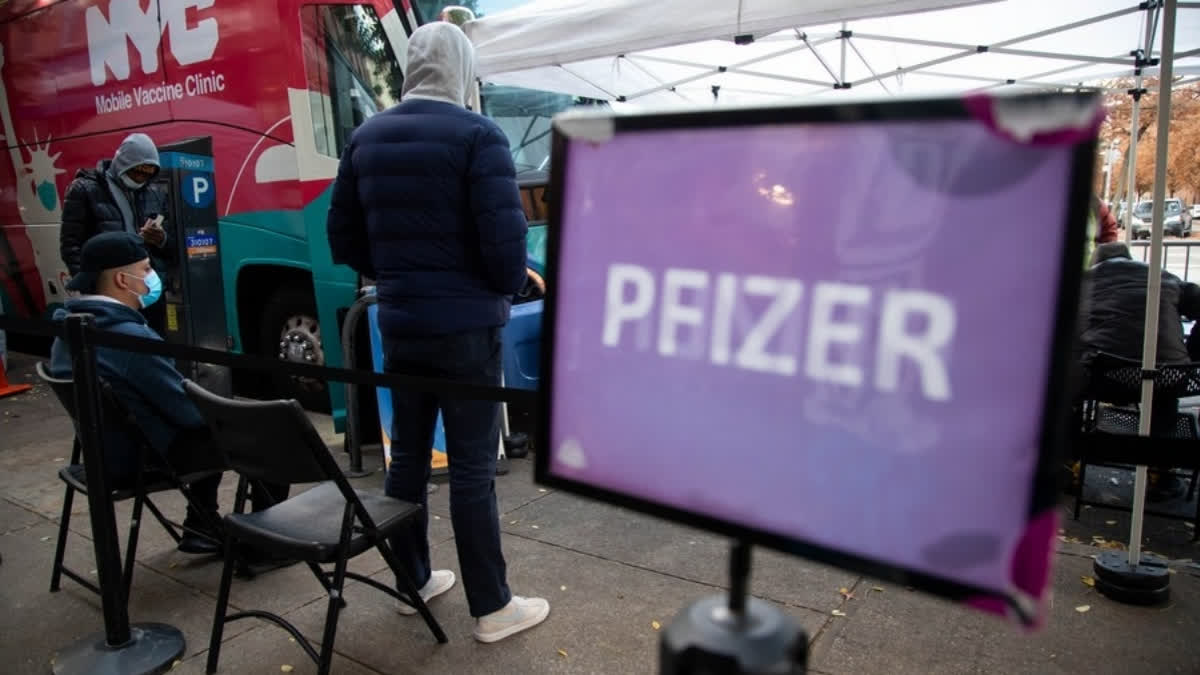New Delhi: Vulnerable people aged 65 years and over receiving the Pfizer bivalent mRNA vaccine booster dose showed 72 per cent lower risk of Covid-related hospitalisation and 68 per cent lower risk of Covid-related death, according to a new study published in the journal The Lancet Infectious Diseases.
Bivalent mRNA vaccines, containing elements from both the original wild type COVID strain and an updated component from the omicron strain, were designed to help improve vaccine-induced immunity against the omicron variant and subsequent subvariants. These vaccines started replacing the older style monovalent boosters in the USA, Israel, and other countries since September, 2022.
"Our findings highlight the importance of new types of vaccines containing different variants of SARS-CoV-2, which are likely to induce broader immune responses and provide enhanced protection against severe outcomes," explained study co-author Ronen Arbel, Community Medical Services Division, Clalit Health Services, Tel Aviv, Israel.
Israel has prioritised bivalent mRNA booster vaccines for people at high risk of severe COVID-19, primarily those aged 65 years or older, making it possible for the authors to perform a retrospective cohort study there to evaluate the effectiveness of the bivalent vaccine. 5,69,519 eligible participants were identified between September 27, 2022, and January 25, 2023. Of those, 1,34,215 (24 per cent) participants received a bivalent mRNA booster vaccination during the study period.
Hospitalisation due to COVID-19 occurred in 32 participants who received a bivalent mRNA booster vaccination and 541 who did not receive a bivalent booster vaccination. Analysis showed this to mean a 72 per cent reduction in hospitalisation risk in those receiving the bivalent booster.
